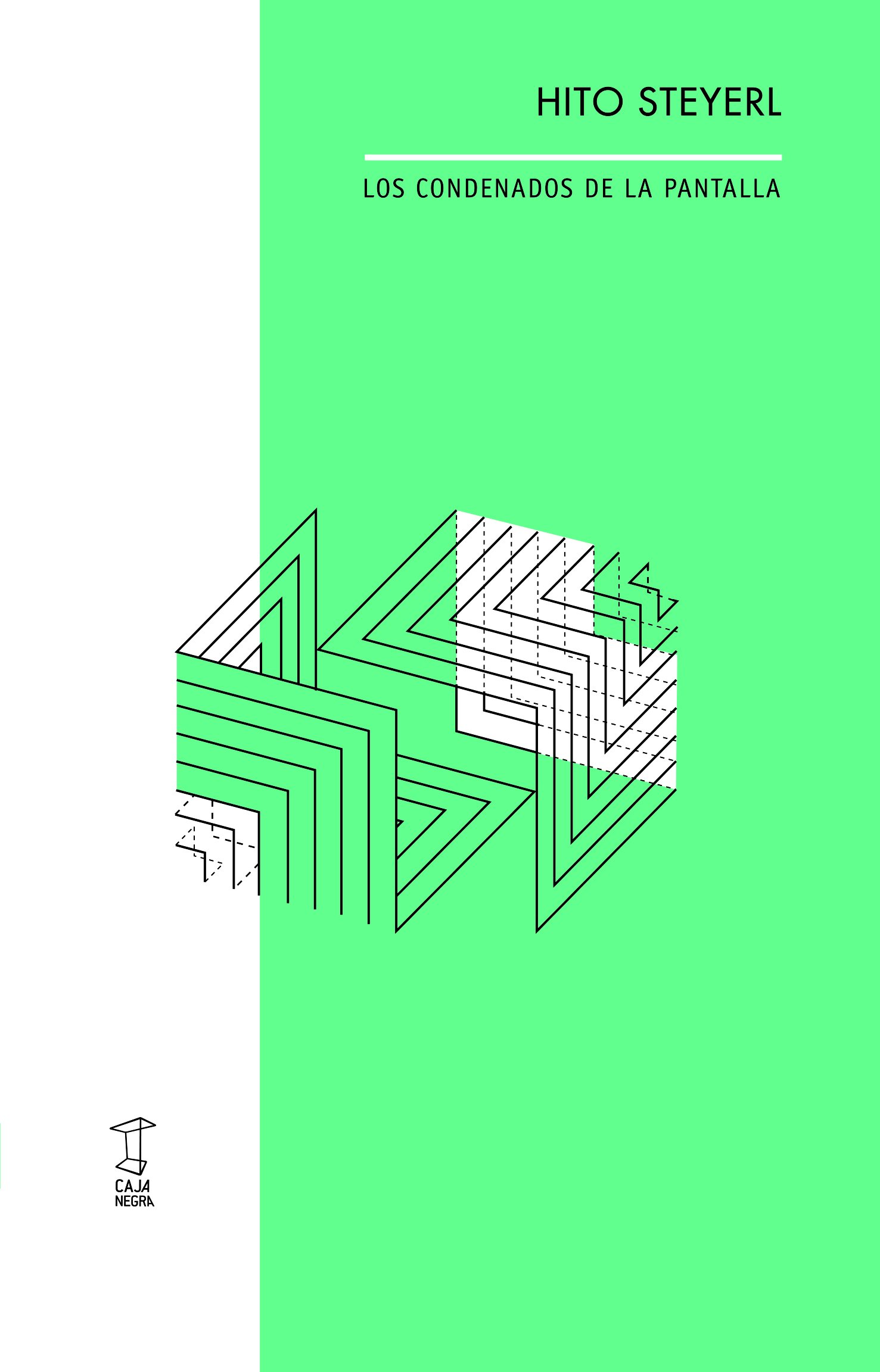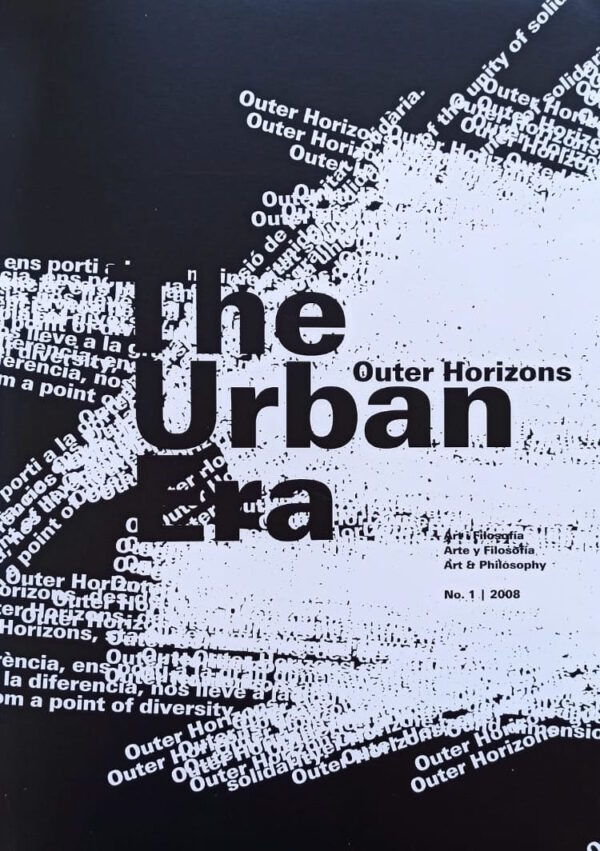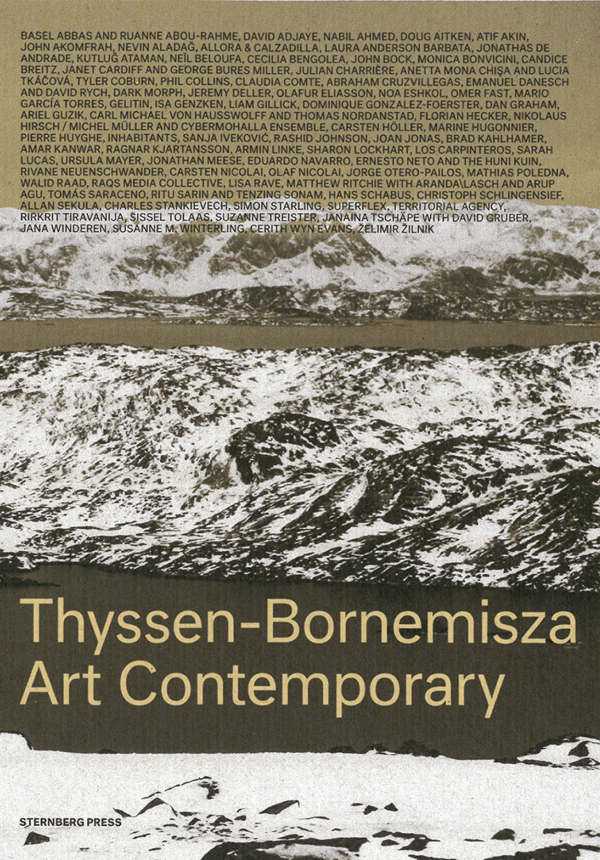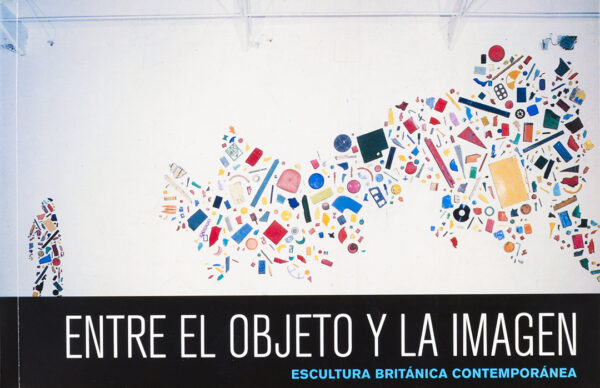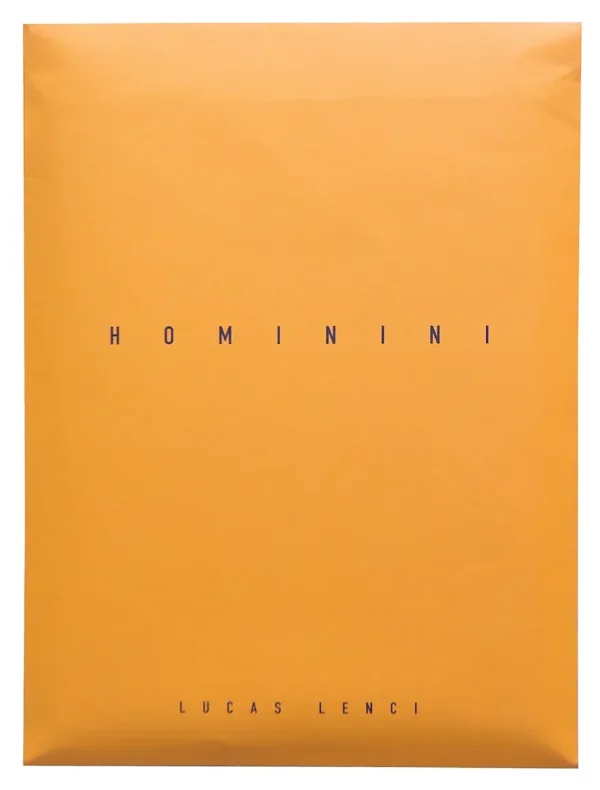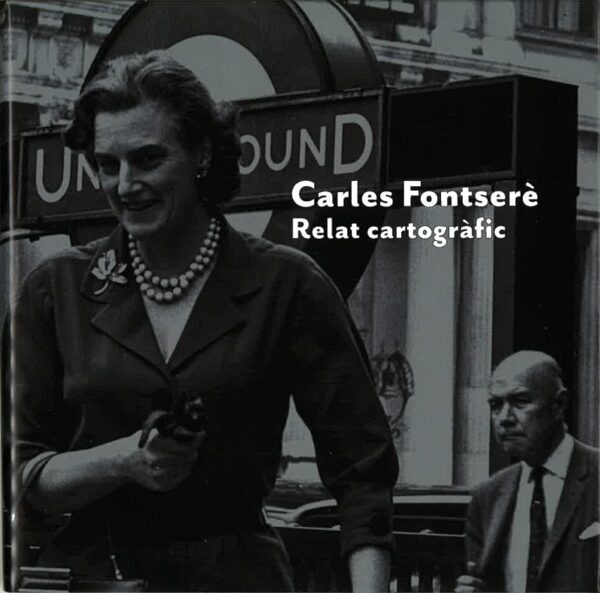Los condenados de la pantalla
Title: The Damned of the Screen
Author: Hito Steyerl
Publisher: Caja Negra
Collection: Futuros Próximos
Translation: Marcelo Exposito
Foreword: Franco “Bifo” Berardi
Pages: 208
Year of publication: 2014
ISBN: 978-987-1622-31-3
18.00€
Estamos trabajando en nuestra web, de momento no es posible comprar libros través de nuestra tienda online. Para cualquier consulta escríbenos a info@artslibris.cat
Availability: In stock
This book collects a series of essays by the video artist and critic Hito Steyerl, published in the magazine e-flux, in which a critique of audiovisual creation in our hypermediatized societies is shaped. As the mind, emotions and creativity took the place of the body as the key tools for the production of value, it is necessary to trace what new forms of alienation have arisen in this context and what is the fate of political practice and imagination. when utopias and collective desires have moved to the screens.
Following the line of his main mentor, Harun Farocki, Steyerl confronts the flow of images produced by information capitalism (especially the garbage-images thrown on the beaches of digital economies) from a materialist approach, addressing them not as representations but as fragments of the world, which participate in it by creating it, modifying it and suffering its laws. From this perspective, low resolution formats (AVI or JPEG) are interpreted as lumpenproletarians in the class society of appearances, condemned for their substandard resolution instead of valued for transforming quality into accessibility; the technical failures and glitches of digital images are treated as wounds, traces that testify to the violent dislocation they suffer when entering cyberspace; and the image-spam, as an invisible representation ‒made by machines, sent by bots and captured by filters‒ that circulates without ever being seen by any human eye.
Hito Steyerl’s work, paraphrasing Franco “Bifo” Berardi, functions as a cartography of media production in times of semiocapitalism, accurately describing how images are generated, transported and consumed today. But also as a cartography of the emerging sensibility from which to imagine where we should go if we want to discover a new form of activity that takes the place of art and politics.
